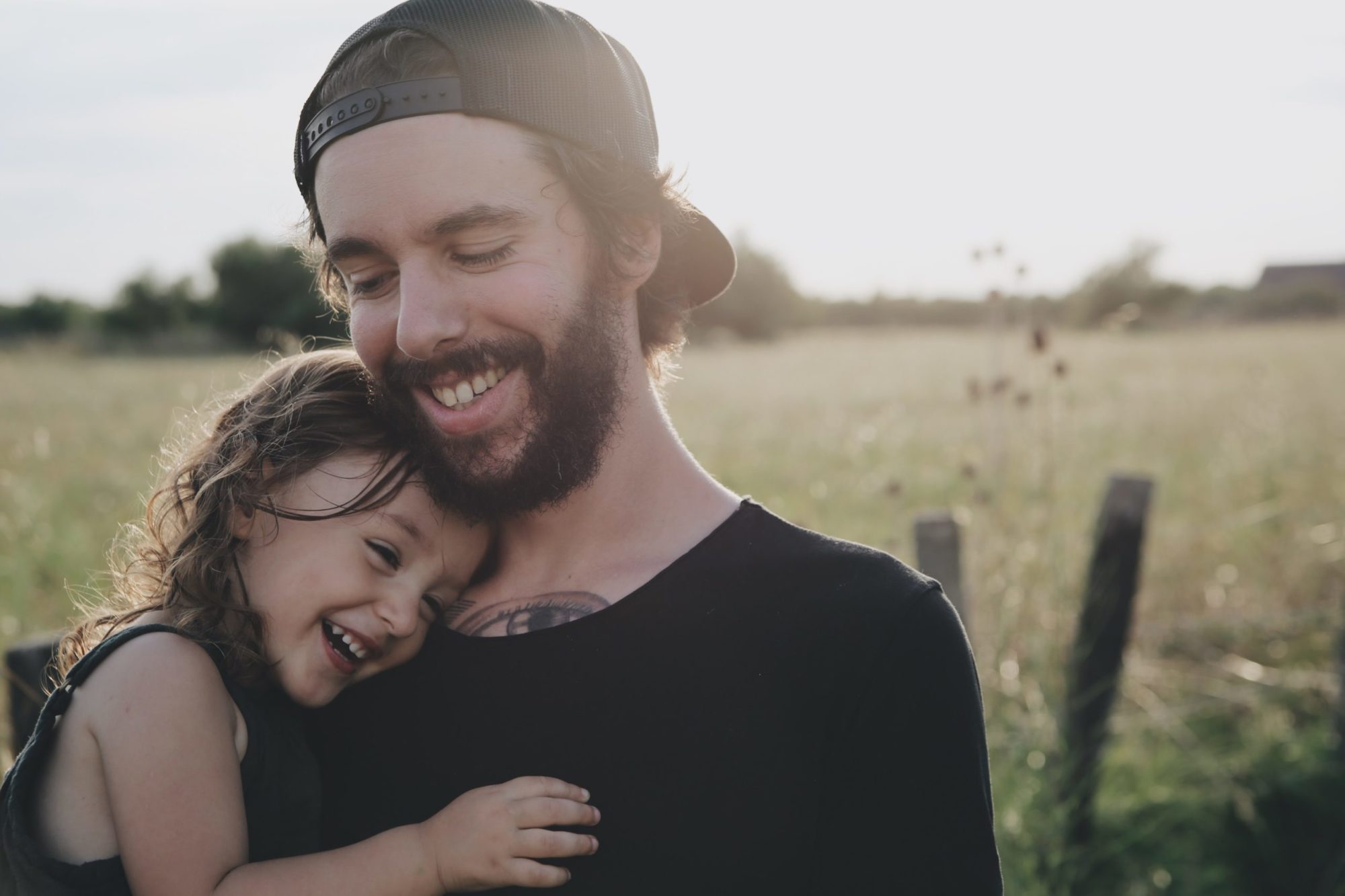Blog
12/31/2019
5 Lessons About Relationships to Teach Your Kids

When looking for life lessons to teach your child about relationships, the first question you should ask is, “what makes a good relationship?” Self-help books, therapists, and couples around the world agree on a few basic areas that help to build relationships and keep them strong. Continue on for our favorite lessons on relationships for youth.
1. Communicate, Communicate, Communicate
Communication in a relationship may sound obvious, but lack of communication is the number one reason for divorce. “Researchers have found that communication style is more important than commitment levels, personality traits, or stressful life events in predicting whether happily married couples will go on to divorce.” With that in mind, communication should be the first lesson we teach our children about relationships.
In a relationship, it is easy to let your emotions take control and jump to conclusions, especially as a teenager or young adult. Here are a few tips to remember to pay attention to how you communicate:
Take time to cool down and process your thoughts before you talk. Have you ever said something in anger to your child and regretted it afterward? This is a common occurrence when your emotions are involved, making you susceptible to mistakes. As a parent, you can help your child work through their emotions and find ways to speak about issues when they get upset to avoid conflict. Working through emotions and establishing good communication will teach your kids how to have respect in relationships.
Actively Listen. Active listening is another skill to teach your child and one you can practice with them. When speaking about a problem, make sure you understand what they are saying by repeating what they said back to them. This will clear up any confusion before delving deeper into the conversation and will let them know you care about what they’re saying.
2. Be Your Own Person
Early on in a relationship, it is easy to lose track of yourself. This is especially true for teenagers and young adults who haven’t fully developed their own personality yet. While it is natural for them to want to spend time with their new boyfriend or girlfriend, take the time to talk with your child about the importance of doing things for themselves. Encourage them to try out for a sports team or play. Make them aware of their responsibilities as a student and a member of the family. Help them to set personal goals and to understand that one person can’t be everything to someone, and by being their own person, they will be strengthening their relationship.
3. Play to Each Other’s Strengths
While encouraging your child to focus on themselves, you can also talk to them about what to look for in a relationship. Your child may have expectations that a boyfriend or girlfriend will fix everything in their life. When talking about relationships with your kids, help them create healthier expectations. Share with them that different people have different skills, and these differences become very apparent in a relationship. The most successful relationships are those where two people’s strengths and weaknesses complement each other.
4. Be Reliable and Accountable
Here is a lesson you will want to share with your child, even if they’re not in a relationship. Reliability and accountability are expected by parents, kids, employers, and partners. Trust is built by showing you care enough about someone to take their needs and responsibilities into account. So, do what you say you’re going to do. If you need to cancel, make sure to show that you know your canceling has affected them.
5. Kindness Goes a Long Way
The best thing about being in a relationship is knowing you matter to someone. When your child is in a relationship, each person should let the other know they’re appreciated, and small acts of kindness go a long way in doing that. Show your child what an intimate relationship formed on kindness can be with these small acts:
Let them know you appreciate them and what they do. When your child or partner does something to help you out, do you take the time to thank them? Thanking them for small things like doing the dishes or picking up their room can show your respect and appreciation and help your child understand how good it feels to be validated.
Take the time to do little things for each other. A small thing like a hug, a sweet text, or a kind note can bring a smile to your child’s face and let them know they’re cared for. With a little effort, you can make a difference in what your child expects from someone they love.
Each of these steps can make a big difference in creating healthy and successful relationships. When you’re looking to teach your children lessons about relationships, pay attention to times when you’ve followed the behaviors above and how it affected your relationships. If you’re looking for more life lessons to teach your children, visit the Children’s Bureau parenting blog or talk with one of our helpful representatives today.
Reviewed By: Susan Wood
 Susan J. Wood, LMFT is the Director of Mental Health at Children’s Bureau and has over 20 years of experience working with children in a community mental health setting. She joined Children’s Bureau in 2015 as a Program Manager in the Antelope Valley and became the program director in June 2018 where she was instrumental in opening and expanding mental health services to the Santa Clarita Valley and Long Beach.
Susan J. Wood, LMFT is the Director of Mental Health at Children’s Bureau and has over 20 years of experience working with children in a community mental health setting. She joined Children’s Bureau in 2015 as a Program Manager in the Antelope Valley and became the program director in June 2018 where she was instrumental in opening and expanding mental health services to the Santa Clarita Valley and Long Beach.
